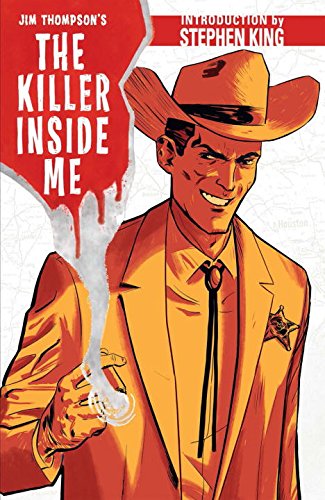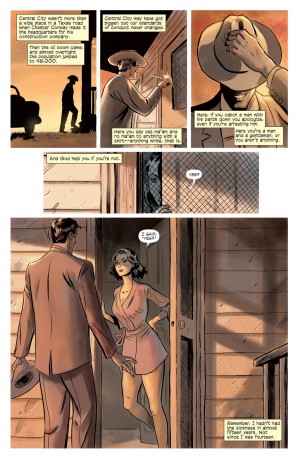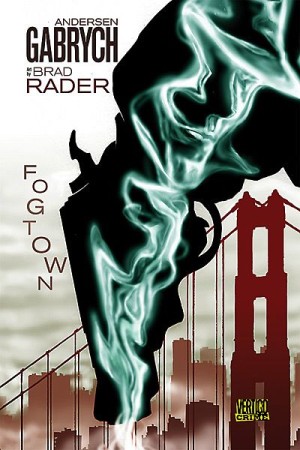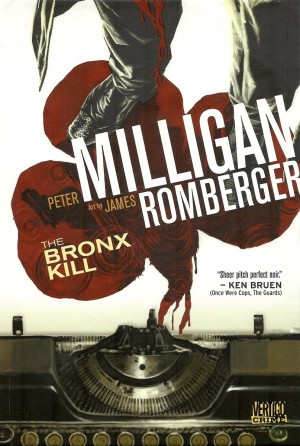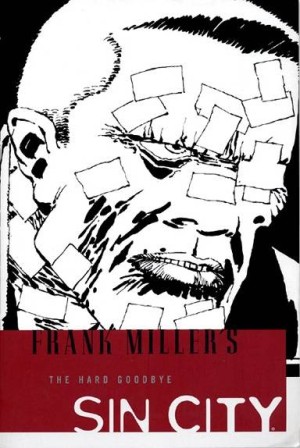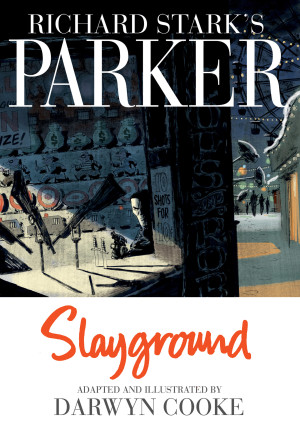Review by Frank Plowright
Lou Ford is a deeply conflicted and disturbed man. He works for the Sheriff’s office in a small Texas town, yet as the title reveals, community spirit is far from his thoughts. He’s a sociopath, capable of fatal violence without a second thought and no subsequent concerns about murder, smarter than he makes himself out to be, and with a knack for manipulating those around him. Yet when Ford arranges a murder that in effect kills two birds with one stone for him, his life begins to lose the composure he’s maintained.
The Killer Inside Me is a spectacularly good crime story. It’s brutal, horrific and uncompromising in the 21st century, so the impact of the novel it’s adapted from in 1952 must have been immense. It’s spawned three films and is regularly listed among the greatest crime novels, so setting a high standard for Devin Faraci’s adaptation to live up to. In one sense Jim Thompson has provided everything for him, and Faraci just has to ensure his pacing retains the tension of the original novel, something he manages extremely well. The story is one of unravelling and Faraci follows Thompson’s plot beats while ensuring enough items separate the shocks to accentuate them. Thompson was ahead of his time by creating Ford as an absolute remorseless monster, and Faraci brings that through. His version of Ford is provided with an authentic narrative voice as he cold-heartedly runs through his catalogue of atrocities, plotting them, executing them and covering them up. Faraci diminishes Thompson having Ford use of homilies and cliché as without constantly reinforcing an explanation it could just come across as poor writing, and a dissection of poor writing is well transferred from Thompson’s plot. ,
While Faraci holds his end up, artist Vic Malhotra doesn’t quite nail the steamy sordid atmosphere the story needs, although he’s very good. Much of the look is reminiscent of Michael Lark’s efficient storytelling, but Malhotra has occasional problems with perspective (a car a third the size of a house in the opening chapter). His approach deliberately accentuates a poker-faced Ford who therefore remains characterised by his narrative voice alone, preaching the sinister inner contempt he has for everyone.
Thompson’s story is superb. He keeps twisting the knife as Ford believes he’s dealing with his problems, and provides a solid psychological background for the way Ford is that plays out well in the finale. There’s no let down at the end, no walking mildly into the sunset, as Thompson delivers one final punch to the gut. Indulge your sordid side with a wallow in brilliantly conceived seedy exploitation.
